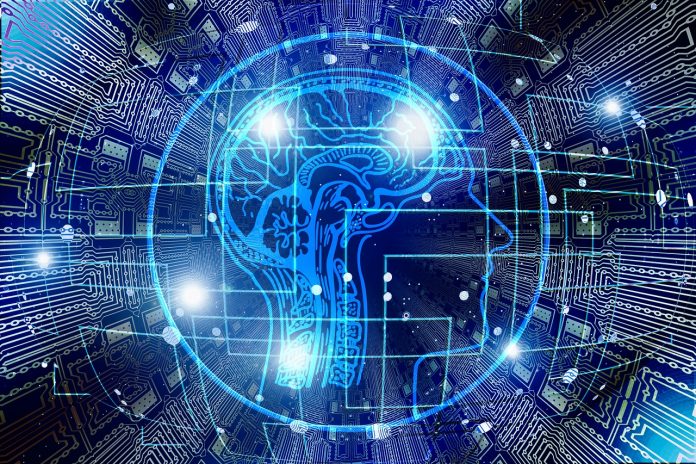In May 2019, I was covering the Microsoft Build (Developer conference) from very close quarters. It was an exciting encounter with thousands of developers who discussed raging trends in Quantum Computing, AI, ML and Deep Learning. Microsoft’s business development teams was at the forefront creating sessions on the role of machine learning with R, Python and C++.
We sniffed out the futuristic trends and heard tons of predictions on the role of R, Python and C++ in Cloud computing and AI ML projects.
Cloud Development
Edge Computing will reinvent the whole Cloud ecosystem. With the rise of Containerization, Edge and serverless computing coming together with R, Python and C++, we would see Microsoft taking the leadership stance in the field. Google, Amazon, SAP and HP would be a healthy community of Cloud and IoT driven technology providers for the next 5 years.
Cloud development powered by AI and Machine Learning with R could solve complex operational challenges that bother all Cloud providers. The AI ML platforms for Cloud Computing can help to deliver real-time data analytics with low latency and Edge Computing can ensure quicker adoption of sensor-based network and computing connectivity frameworks.
Microsoft Quantum Network
Microsoft is reinventing the whole concept of Edge. When Microsoft announced the release of their Quantum Network, it brought developers, and organizations to build a ‘quantum’ workforce for the future. In this ecosystem, we are already seeing the spawning of many startups with AI ML capabilities.
For example, Microsoft Quantum Network is partnering with Rahko, a machine learning startup that develops Quantum Networking platform for Computers and sensors. Together with another ML startup HQS Quantum Simulations, Rahko would enable Quantum Economy to jointly develop accelerated Quantum Computing solutions for diverse range of industries.
Red Hat Summit 2019
Microsoft CEO SatyaNadella addressed the Red Hat Summit 2019 just after the Microsoft Build 2019. At the event, we witnessed many more Cloud and ML related developments taking the next steps toward Edge and Quantum Programming.
One of the most prominent news was Red Hat’s Linux Experience coming to every enterprise to drive the new levels of Intelligence, Automation and Developer Productivity.
Red Hat Experience Linux 8 (now generally available) is an intelligent Linux for Hybrid Cloud that would impact $10 Trillion global businesses in 2019.
NVIDIA joins the Force
The Cloud acceleration doesn’t end there. NVIDIA and Red Hat would make a dash into AI, ML and data analytics combining NVIDIA’s CUDA-X libraries and GPU hardware with Red Hat OpenShift Container platform. This extended collaboration is likely to impact the future landscape of enterprise AI, ML and Supercomputer Vision technologies.
Enterprise AI can also consider adopting RedHat OpenShift and embracing the next-gen of Hybrid Cloud applications to empower the developers of Machine Learning R programs.
By 2020, we will see a lot many announcements related to the automated AIML and AIOps embellished with new concepts in programming such as self-managing Hybrid clouds, Cloud Native AI as a Service, Kubernetes Contributions and so on.


